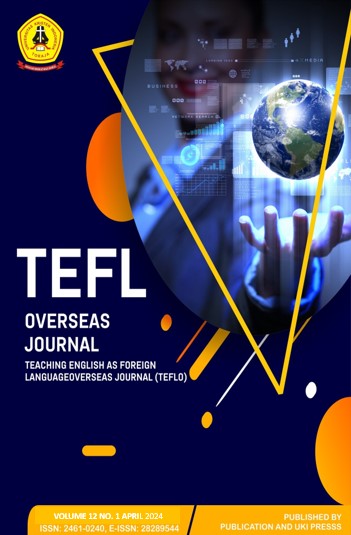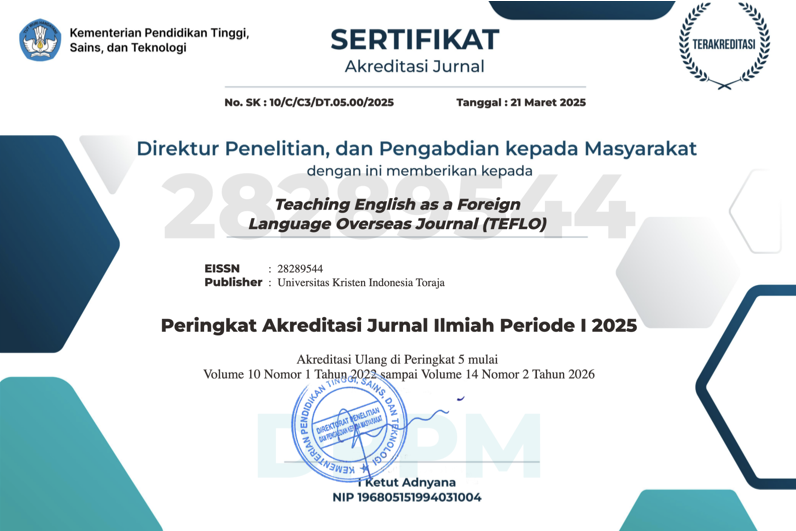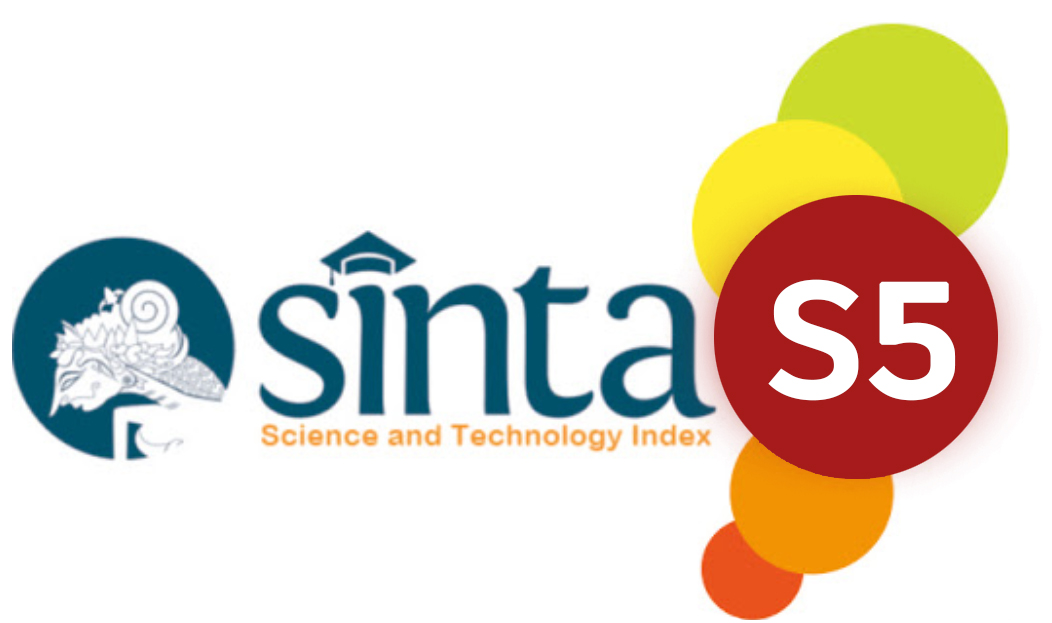Empowering Rural Students: Evaluating the Effectiveness of Offline English Verb Applications
DOI:
https://doi.org/10.47178/qzfhr862Keywords:
Rural education, English verb application, offline learning tools, vocabulary improvement, quantitative researchAbstract
This study explores the effectiveness of an offline English verb application in enhancing the English proficiency. Utilizing a quantitative approach, the research involved administering a written test consisting of 25 multiple-choice questions both before (pre-test) and after (post-test) the intervention. The test questions were of equal difficulty to ensure consistency. A purposive sampling technique was employed to select a single class of 23 students from rural backgrounds as the sample. The findings indicate that the English verb application significantly improved students' vocabulary, as evidenced by notable differences in pre-test and post-test scores. This study highlights the potential of offline educational tools to bridge learning gaps and empower students in underserved areas.
References
Al-Jarf, R. (2022). Learning Vocabulary in the App Store by EFL College Students. International Journal of Social Science and Human Research, 05(01), 216–225. https://doi.org/10.47191/ijsshr/v5-i1-30
Bear. (2022). the Effect of Google Translate in Enhancing the Students’Vocabulary Mastery. Pustakailmu.Id Http://Learningofenglish.Blogspot.Com/2015/02/the-Effect-of-Google-Translate-to.Html?M=1, 2(1), 1–8.
Esabella, S., Shibghatallah, H., Hamdani, F., Studi, P., Informatika, T., Sumbawa, U. T., Barat, N. T., Iwes, U., & Sumbawa, K. (2021). Bulletin of Information Technology ( BIT ) PERANCANGAN APLIKASI PENGAMANAN PESAN CHATTING. 2(3), 84–92.
Majewska, O., & Korhonen, A. (2023). Verb Classification Across Languages. Annual Review of Linguistics, 9, 313–333. https://doi.org/10.1146/annurev-linguistics-030521-043632
Pristiwanti, D., Badariah, B., Hidayat, S., & Dewi, R. S. (2022). Pengertian Pendidikan. Jurnal Pendidikan Dan Konseling (JPDK), 4(6), 1707–1715.
Rachma Yasin et, A. (2022). Jurnal Pengabdian Pada Masyarakat. Penerapan Teknologi Seni Pada Sanggar Seni Tradisional Di Kabupaten Pesisir Selatan Sumatera Barat, 1(1), 131–144.
Sampelolo, R., & Shilfani, S. (2023, September). Virtually-delivered CLIL-oriented speaking coursebook for hospitality and tourism students. In AIP Conference Proceedings (Vol. 2736, No. 1). AIP Publishing.
Sampelolo, R., Abdullah, M., Lura, H., & Karuru, P. (2023). Digital ESP (English For Specific Purposes) Material Development CLIL (Content language integrating learning) Based. Journal of Namibian Studies: History Politics Culture, 34, 6746-6762.
Ratna Puspita Dewi. (2022). Analysis of Art Culture Potential and Tourism Village Development in Gegesik Kulon Village, Cirebon Regency. International Journal of Social Science, 2(3), 1755–1762. https://doi.org/10.53625/ijss.v2i3.3648
Setiawan, A. (2017). Belajar Dan Pembelajaran Tujuan Belajar Dan Pembelajaran. Uwais Inspirasi Indonesia, August, 185.
Wahyu Setiawan, A., & Ariani, M. . N. (2022). Determinasi Faktor Yang Mempengaruhi Indeks Pembangunan Manusia Provinsi Jawa Barat Tahun 2015 – 2019. Jurnal Indonesia Sosial Sains, 3(1), 1–9. https://doi.org/10.36418/jiss.v3i1.505













